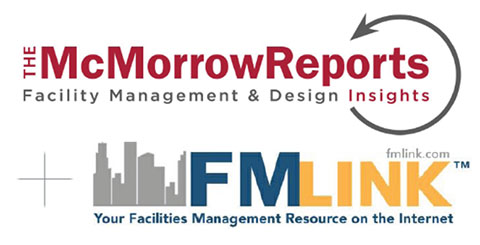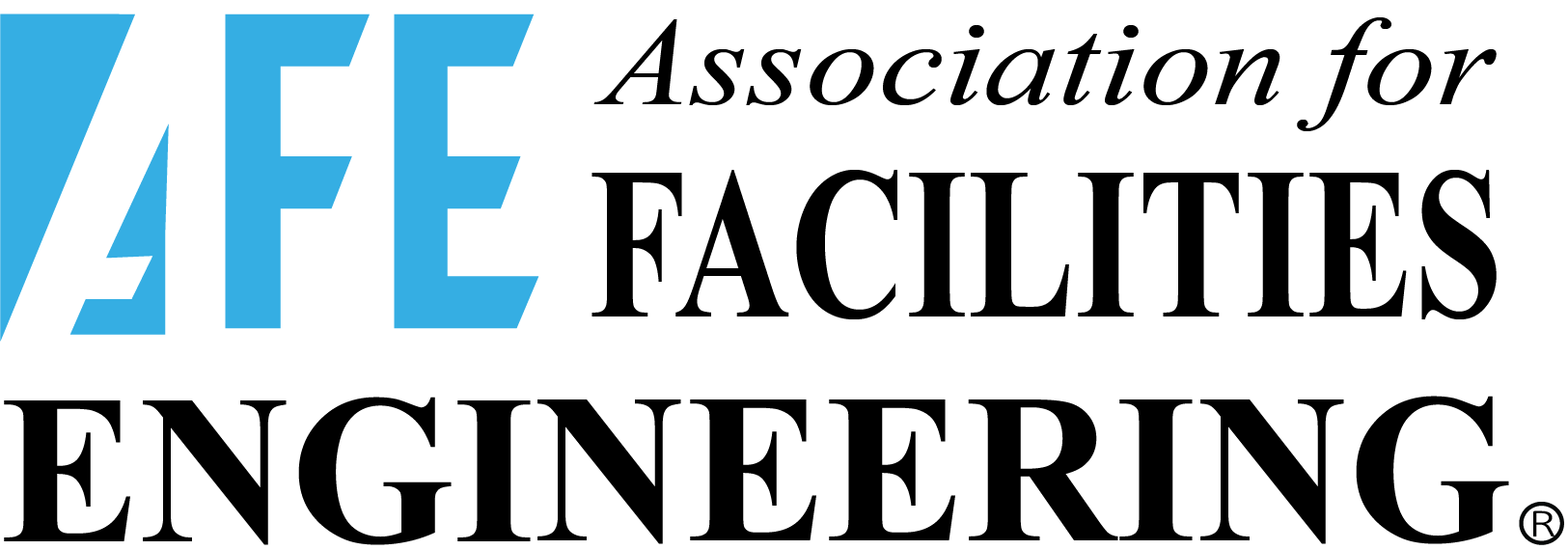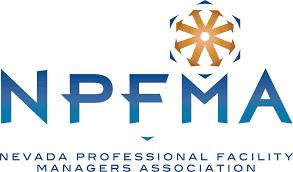The facility management profession is undergoing a transformation. Management and staff have recognized a growing knowledge and skills gap. Download our full survey report to see where gaps exist and how to overcome them.
2022
FM TRAINING OUTLOOK SURVEY
The study answered several key questions across four categories.
Building & Retaining
the FM Workforce
Value of
FM Training
Addressing the
FM Skills Gap
Importance of FM
Credentials & Qualifications

How has the “Great Resignation” impacted the FM profession? How can employers attract and retain top talent to help meet their organization’s strategic goals?
66% of FM managers and staff have left or have considered leaving their job in the past year.
The top 3 ways for organizations to retain facility professionals are:
2. Provide opportunities for professional development or training.
3. Offer opportunities for internal advancement.
54% of FM leaders expect to have open FM-related positions primarily due to staff moving to other organizations, senior staff retiring, and organizational growth requiring more staff.
Do FM employers and individuals recognize a need for facility management training? What is the impact of training and how accessible is it to the FM workforce?
86% of FM employers say there’s a gap between the knowledge and skills their team has and what they need to excel.
Training can make an impact, with 74% of FM employers saying that FM training and credentials result in better job performance.
57% of FM employers are planning to implement FM training this year.


What are the top priorities for FM employers and staff when it comes to facility management training?
FM managers identify compliance & standards, strategic planning, and project management as top training priorities for themselves.
FM managers say their team’s top training needs are compliance & standards, leadership skills, and emergency management.
FM staff say their top training needs are project management, emergency management, capital planning, and utility management.
Is there a place for professional credentials and qualifications in FM? What value do FM credentials provide and how desirable are credentials for FM professionals?
77% of FM employers say a credential or qualification is an influential factor in hiring or promoting FM staff.
61% of FM managers say that credentials and qualifications are more important in 2022 than in previous years.
69% of FM staff say FM training and credentials result in increased confidence.
82% of FM professionals would pursue an FM credential if their employer supported them financially.

What Industry Experts Are Saying

Other than rental costs, what’s typically your largest expenditure? Your PEOPLE. So it’s really not a question of can you afford to train and invest in your people, it’s can you afford not to?
John Hajduk, ProFM
Executive Director, Facilities Operations, Sodexo

We’ve officially entered the new frontier work environment and FM leaders face the challenge of finding and recruiting qualified staff. One solution is to assess the internal talent gaps and determine how to upskill and reskill their current staff. Developing FM staff knowledge, skills and abilities will elevate their job performance and contribute to the FM organization’s overall success.
Stormy Friday, MPA, Hon. FMA, IFMA Fellow
President, The Friday Group
ProFMI Commission Chair

As a government agency, we can’t compete with the money being offered to FMs in the private sector right now. We need to find people looking for the stability, hours, professional development, and retirement benefits we bring to the table. FM training and career development is something that can differentiate us as an employer.
Keith Tate, ProFM, AIA, CPM, LEED GA
Facilities Management Director, Polk County BoCC

If we train and support our people, they’ll be able to take care of our customers, and in turn our shareholders. By building capability first, you provide a foundation of confidence to grow in their role and in the organization.
Kurt Gnessin
Vice President, Facility Services, Extra Space Storage

Every facility manager has a unique job, a unique blend of skills and a broad set of experiences. Building a skills ecosystem is a collaborative effort and we must collectively come together as employers, educators and industry professionals to make an impact and prepare for the future. It’s vitally important that, as FMs, we understand that we can’t possibly be experts in all things facilities, rather we need to have a broad knowledge base, fortify our networks of experts, and speak the same language. We can lead this effort and prepare for the future by recognizing that industry-focused education can lead to better job performance and providing training that fills the skills gap. When we learn new things, there is a sense of achievement which drives ability and confidence to do things better.
Ericka A. Westgard, CFM, ProFM
Vice President of Operations, Southeast Region
C&W Services

My company is benefiting directly from my credential. I’ve enhanced my leadership skills and every day, I put into practice my knowledge of the five cross-functional competencies and four functional FM knowledge areas. In addition, a knowledgeable and educated workforce improves the company’s image and contributes to the company’s bottom line.
George Smith, ProFM
Cushman & Wakefield
Special thanks to ProFMI's industry partners who helped disseminate the survey to facility management professionals around the globe.
2022 FM Training Outlook Survey Background and Demographics
Since 2019, the Professional Facility Management Institute (ProFMI) and Building Operating Management (BOM) magazine have been conducting the Facility Management (FM) Training Outlook Survey to determine the need for facility management training and credentials from both the management and staff points of view. The latest survey was conducted in February and March of 2022 to identify FM workforce trends, determine the current need for FM training and credentials, and gauge how sentiments may have shifted over time.










